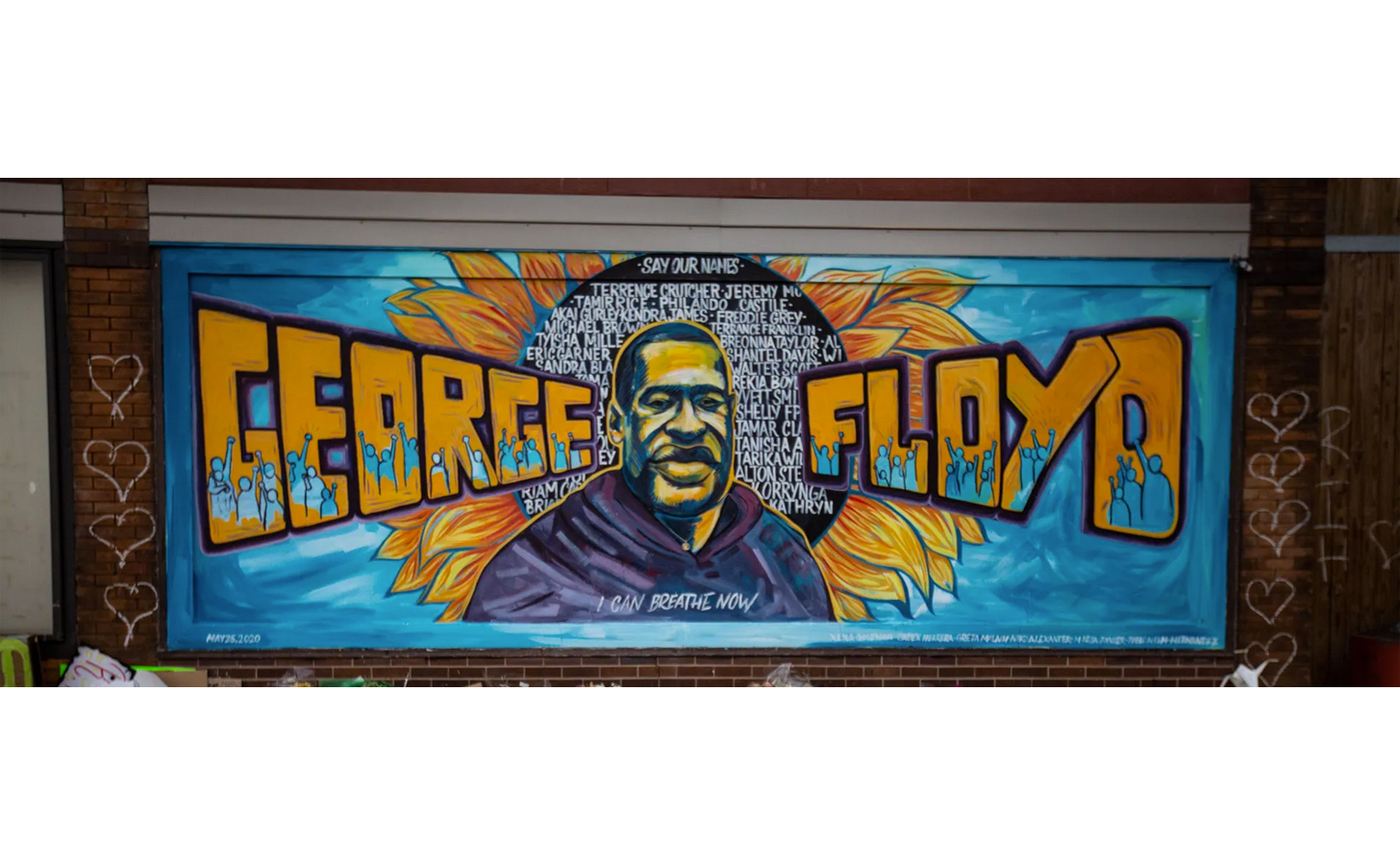“It’s okay to be angry. It’s okay to be sad. It’s okay to feel numb. Stay there as long as you need to.
I encourage you to take those feelings and channel them into something durable.
Write about it. Sing about it. Participate in the electoral process and vote about it.”
-Wayne A. I. Frederick, MD, MBA, President, Howard University
From an open letter to the Howard University community, May 30, 2020
On Juneteenth PatientPoint commenced The Black Health Equity Project, our corporate initiative with a bold mission: To make every Black community where we live and work better.
We will accomplish the mission of The Black Health Equity Project through a clear vision: To build communities where every Black individual will be free from the educational, economic, social and health barriers that crush their spirit and inhibit them from achieving their goals and aspirations.
Last week, more than 70 PatientPoint teammates began meeting in action teams with focused work within four key pillars of The Black Health Equity Project:
Recruiting
Proactively recruit, develop and retain Black teammates at all levels of the PatientPoint organization
Community Health/Closing the Health Gap
Leverage our health literacy and patient engagement expertise and collaborate with local community health centers to help reduce health disparities in the Black community
Mentorship/Internship
Create internship opportunities for Black high school and college students seeking work experience and identify teammates willing to serve as mentors to young Black students
Community Transformation
Identify strategies, models and programs that have demonstrated a measurably positive impact on eliminating the health, economic, social and educational barriers of the Black community; align with policymakers and community organizations to help bolster these proven practices
A shared objective among all four working groups is to ultimately identify and close opportunity gaps that lead to disparate racial outcomes.
To borrow the incredible words of activist, scholar and writer Angela Davis, we can no longer accept the things we cannot change. We are instead taking meaningful action to change the things we cannot accept.

